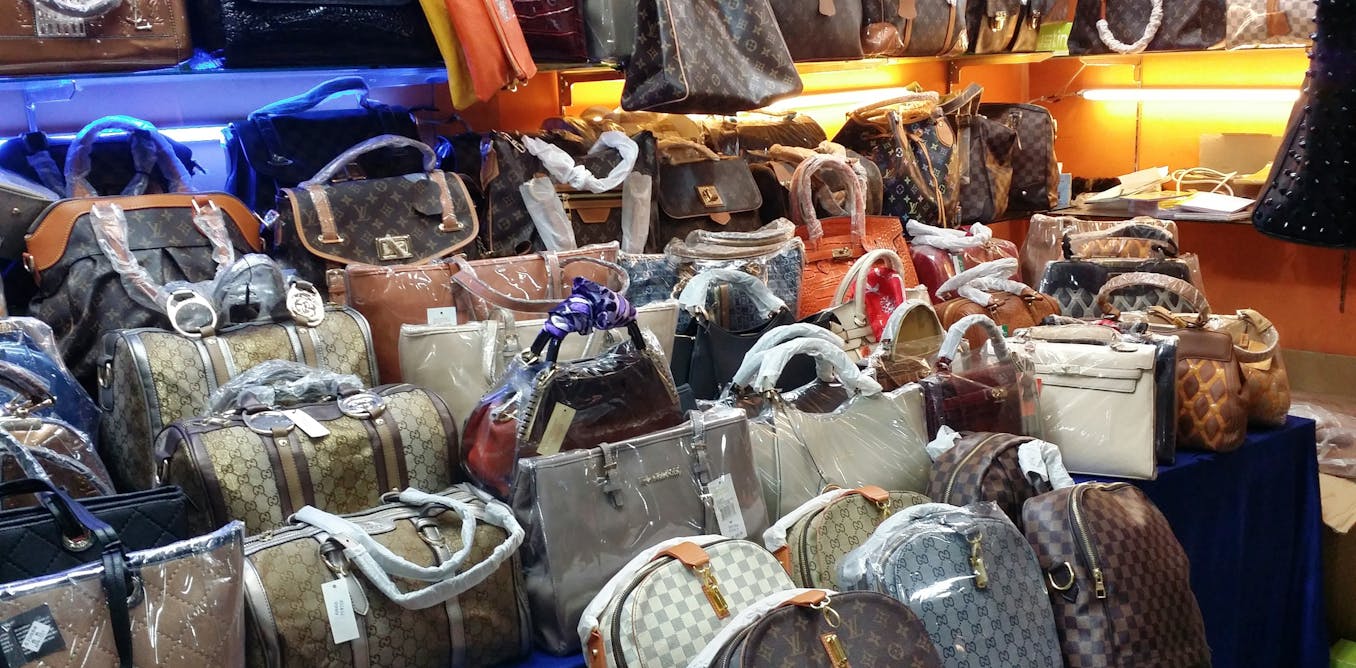cross-posted from: https://mander.xyz/post/37637366
In mid-April 2025, a wave of videos swept through TikTok claiming that some brands of luxury leather goods, especially French ones, actually make their products in China. The content creators presented themselves as official manufacturers, urging customers to buy bags directly from the source at a fraction of the retail price.
…
The carefully orchestrated release of these videos coincided with the United States’ announcement of 145% tariffs on Chinese imports. With the use of catchy titles like “Luxury Brands Are All Made in China” or “Luxury Brands Lied to You”, content creators sought to draw customers directly to Chinese websites. This way, they would have a chance to bypass traditional distribution channels.
By offering their products on Chinese applications such as DHGate or Taobao – among the most downloaded in the United States in mid-April – Chinese manufacturers were clearly targeting the US market.
…
Almost exclusively European productions
The Chinese manufacturers behind the claims in the videos on TikTok explain their previous silence by citing confidentiality agreements. They seized the opportunity to convince Internet users that these iconic Italian or French brands had their leather goods produced in China, with the “Made in Italy” or “Made in France” labels added only after the final assembly step was carried out in Europe.
However, by showing bags resembling those made by Hermès and Louis Vuitton, the creators of these videos ultimately discredited their own claims.
Make no mistake: Hermès does not produce its bags in China. As stated in its 2024 universal registration document, 60 of its 75 production sites are in France. The others can be found in Italy (shoes), the United Kingdom (for the bootmaker John Lobb, which is owned by Hermès), Switzerland (watches), Australia (tanneries and precious leathers), the US, and finally Portugal, with two metal factories there – neither of which is involved in making bags.
…
Buyers of counterfeit products may face significant legal consequences. In France, they may be fined up to twice the value of the genuine product that has been counterfeited. So, if a bag suspiciously resembling a “Kelly” bag is offered for $1,000 on certain websites, the final bill could turn out to be far steeper, especially considering that the starting price of the authentic Hermès bag exceeds €10,000. In addition, buyers may be sentenced to three years’ imprisonment.
During a hearing in the French Senate in April 2025, Delphine Sarfati-Sobreira, the director-general of the Union of Manufacturers for the International Protection of Intellectual Property (Unifab), said [“France is the second-largest country in the European Union in terms of seizures of counterfeit goods”].
The video campaigns, viewed by millions, only fuel the counterfeit market. And buying directly from Chinese platforms does not completely exempt customers from paying customs duties. In the US, customs controls on orders from China have tightened, particularly for small packages below $800.
…



The government will fine you twice the “value” of the good that was being counterfit and potentially send you to jail.
So not a risk like excess amounts of lead or arsenic, or even you won’t have the real thing, just literally daddy government will punish you just cause you weren’t supposed to do it that way.